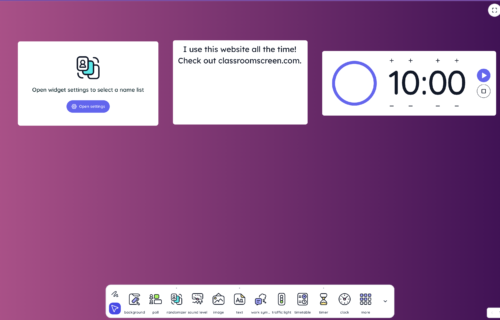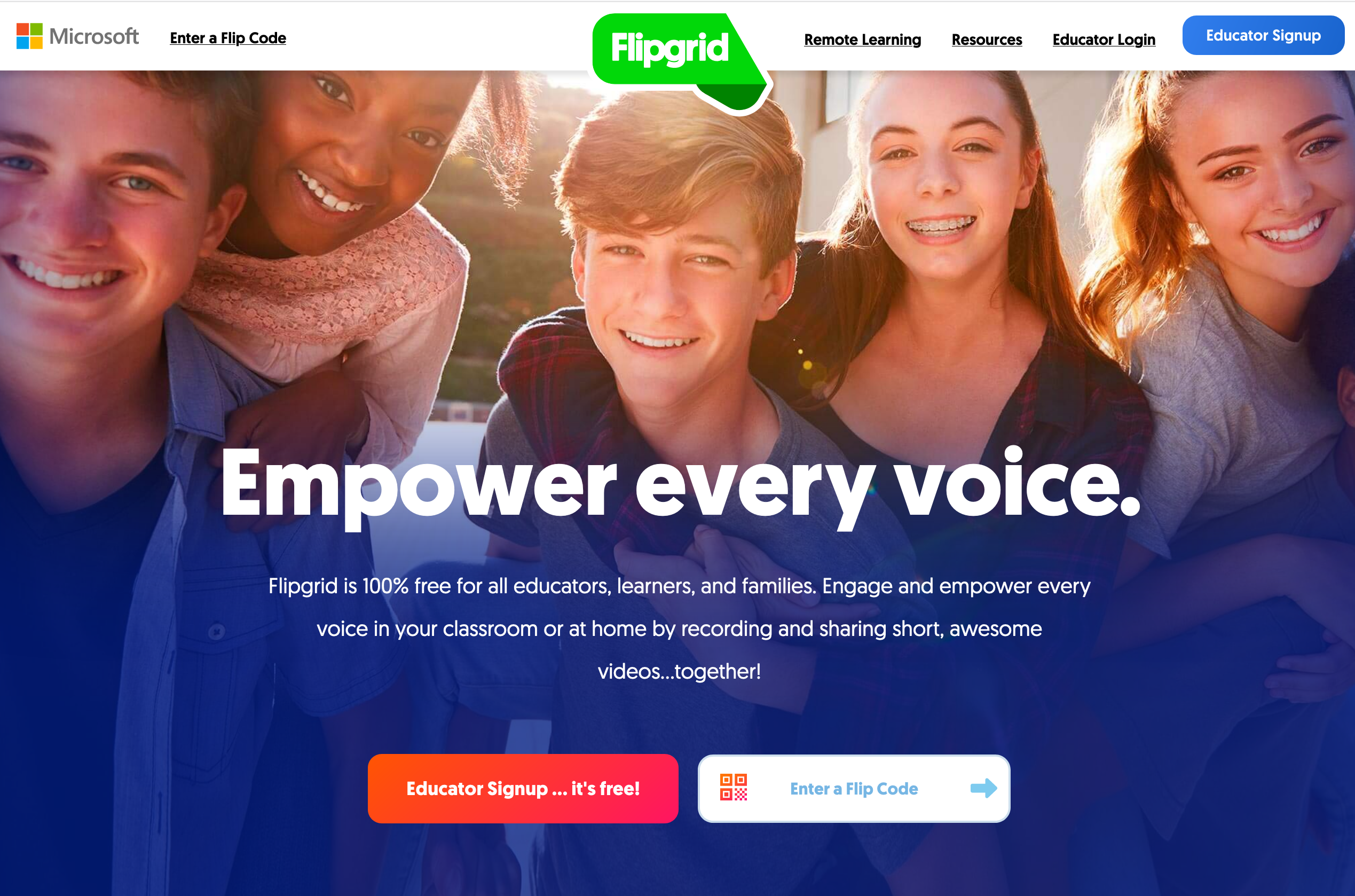
Deciding when to unplug when planning lessons
So last night my husband and I were out way too late at the Coldplay concert, and Chris Martin did something that I found extremely interesting during the song “Charlie Brown”. He started the song, and then stopped. He asked the audience to put away their cell phones for one song and to just be in the moment. He asked us to sing, jump, dance…but he specifically asked us to unplug.
I know that at other concerts they have embraced the use of technology, asking fans to vote on which song to play, but even at a concert with 70,000 people, a musical artist asked his fans to stop, put away the technology, and just be in the moment.
As a photographer, this is something I struggle with often when doing something with my family. I totally get that pull, wanting to document it so I can remember my kids at these special ages and wanting to just be in the moment with them 100 percent.
As I sit here thinking about my lessons and am planning, I continue to struggle with finding a balance. I want my use of technology to be purposeful. I want my students to get skills that will help them in their later high school years, in college, and beyond. But I also want them to be in the moment. I want them to know how to unplug and reflect. I want them to see the value in living both with technology and without it, and sometimes for the digital natives, I think the bigger challenge is teaching them how to live without it and how to use it purposefully.
I know I want to use applications like Pear Deck to test their knowledge as a warm-up or as an exit ticket. I know I love seeing students compose their papers in Google Docs because it gives me as a teacher insight into the writing process and how it works for them, especially when I look at the revision history. I love using Google Slides for group projects because it allows me to assess group work more fairly, allowing me to see who contributed to the project (and I hope that I can put a stop to the “write every word you say on a presentation”…such a pet peeve of mine… presentations should complement what you say, not be what you say).
I am starting off the year with my sophomores studying two of Sophocles’ works: Oedipus Rex and Antigone. It’s been YEARS since I read them, but I know why my school kicks the year off with them. So much of first semester is about the tragic hero…we see it in Sophocles’ plays, but it continues in Arthur Miller and even Chinua Achebe’s Things Fall Apart. The students get to see this common theme back in Greek literature, American literature, and even African literature. Obviously, technology as my students know it was non-existent in Sophocles’ time. So how much do I weave into my classes with them? I’m really tempted to unplug a bit more to let them be in the moment with the drama. I know I could do storyboards electronically and have so many lessons using online sources, but there’s something to be said for reading the text aloud and owning the words and keeping it simple and in historical context.
After being the director of instructional technology at another school for three years, it’s going to be interesting for me as I enter the full-time classroom again. I can see that I’ll have a lot of these issues, as I think about how to handle this new curriculum and how much I want to integrate technology. Being at a Jesuit high school forces me to really think about my graduate studies and the research I did on how technology impacts Jesuit education.
As I wrote in my paper “Preserving the Values of Jesuit Education in a Digital World,” “Jesuit schools are unique; even though the Jesuits value the learning, research, and scholarship aspects of education at the secondary and university levels, Jesuit education is also inextricably intertwined with Ignatian spirituality. Ignatian spirituality is the root of the ‘reflection’ component seen in Jesuit education, since Ignatian spirituality encourages a specific awareness of God’s presence in daily life.”
Reflection on the course content is so key to being able to hit those higher levels of learning in Bloom’s Taxonomy. But it’s hard to really, truly “reflect” when being pinged with text messages, Snapchat or FB notifications, etc. I know that even when I ask my students to unplug from those distractions and just write in Google Docs, the challenge I present them with is pretty overwhelming, if they even attempt it.
So I’m curious… am I alone in the struggle? I want them to be tech savvy, I want to use tech purposefully, but I also what those young men I am teaching to unplug and to really contemplate what the text means for them and our world today. Teh challenge is real! And I’d love to hear how other educators handle it!




Add A Comment